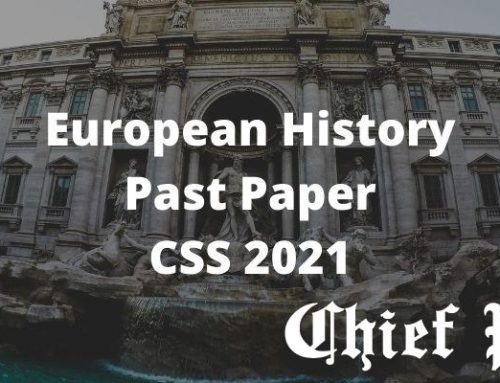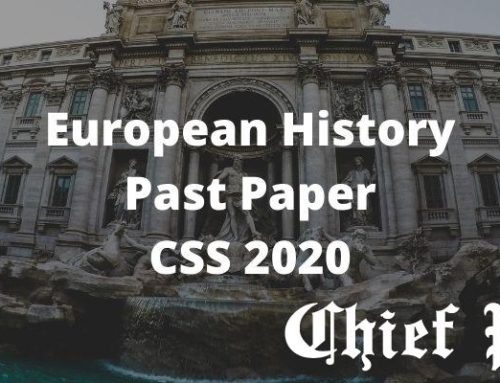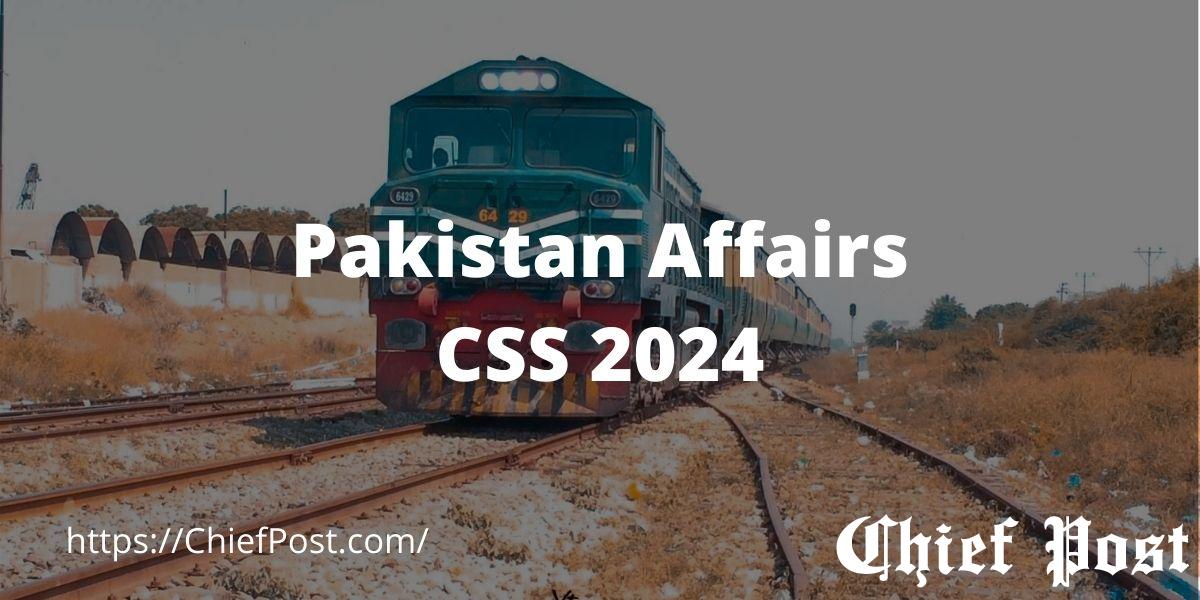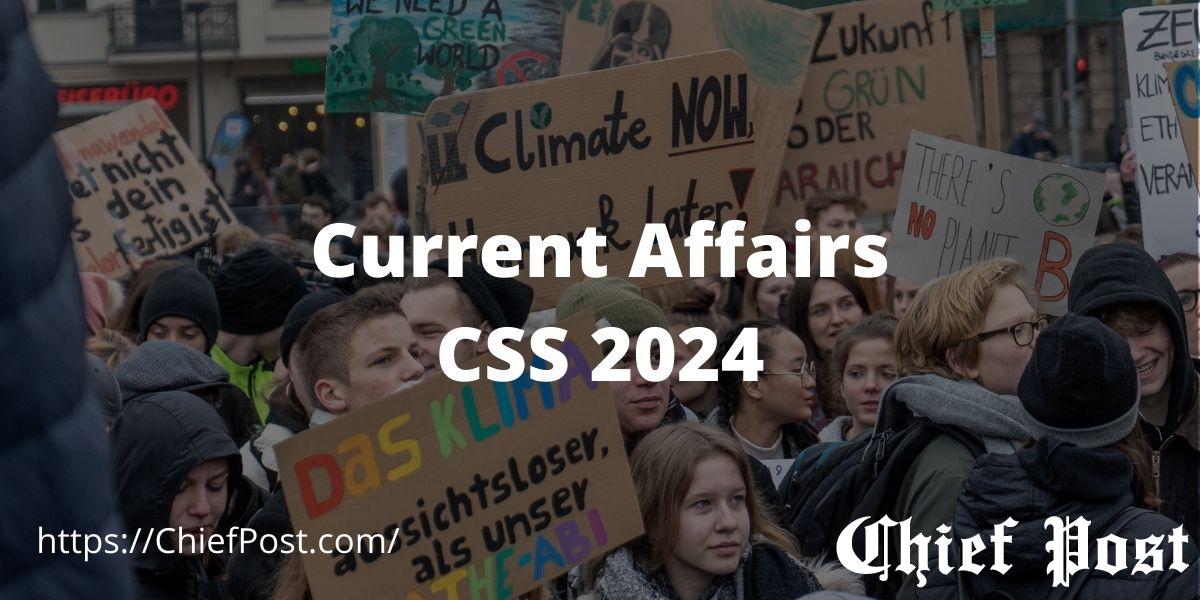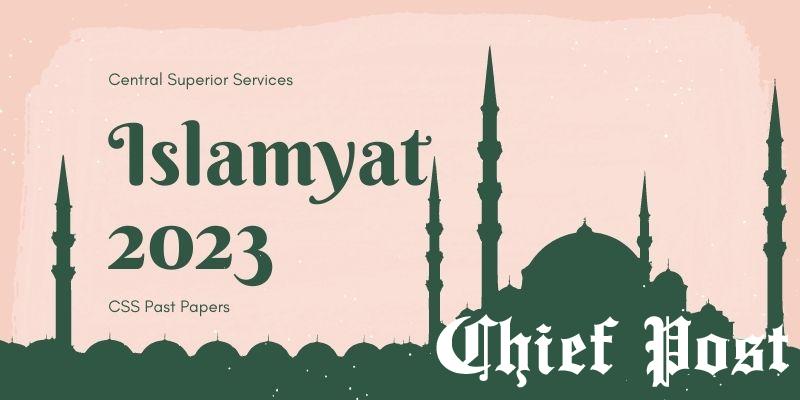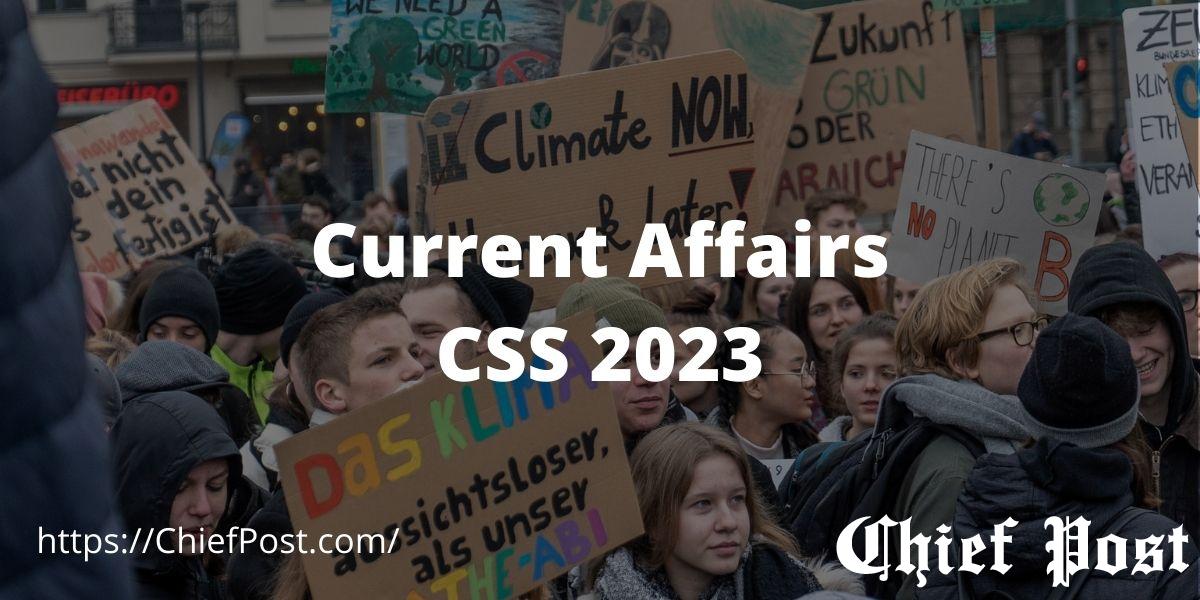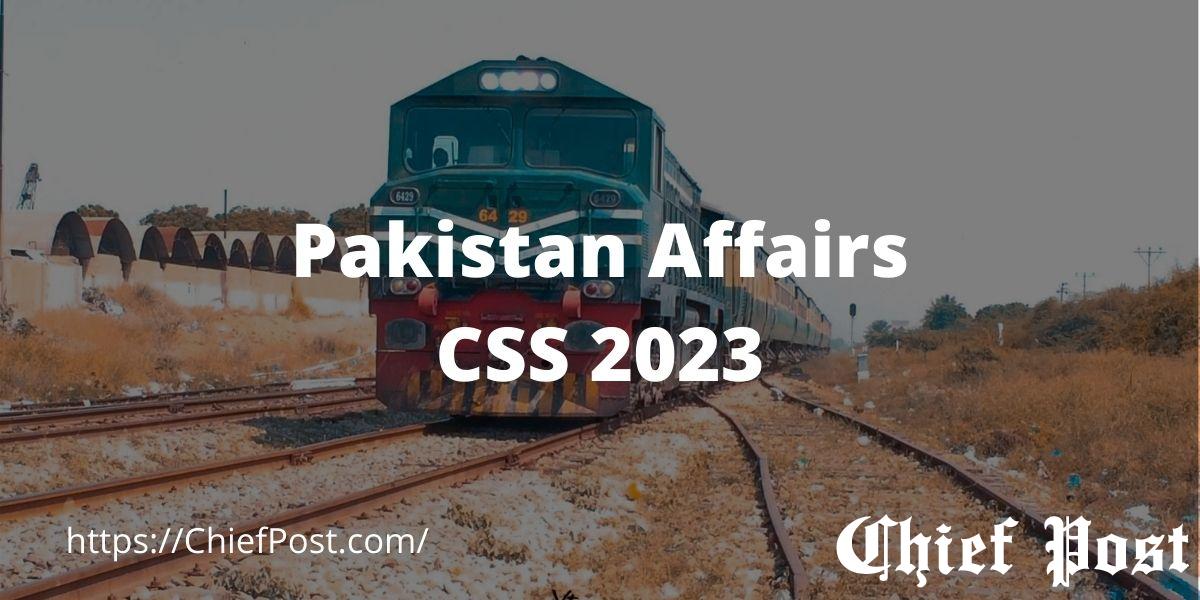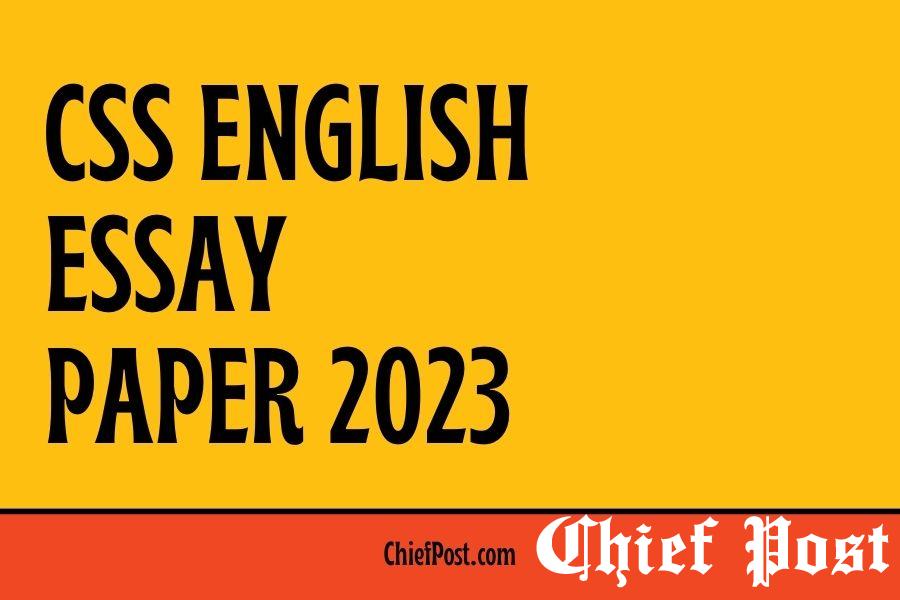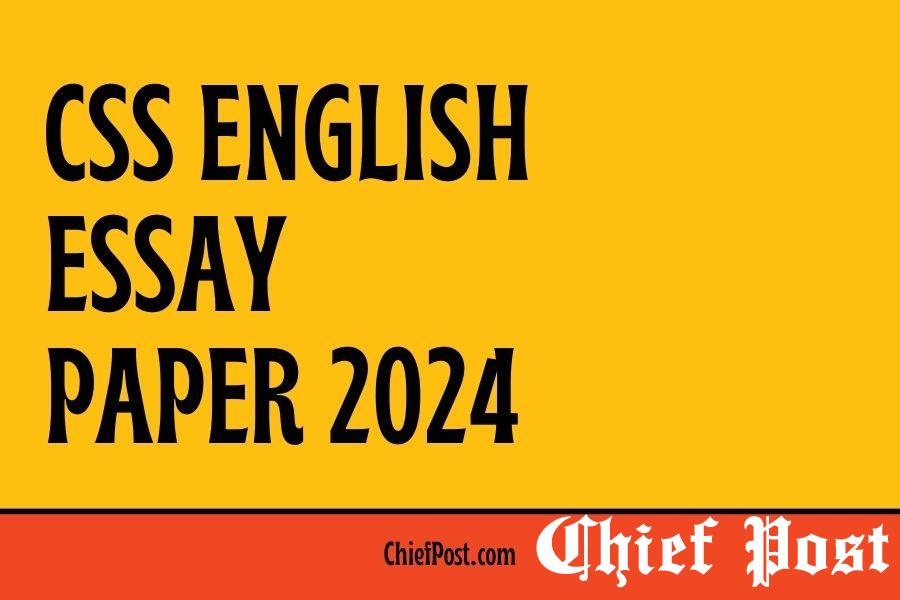European History 2024 — CSS Past Paper
FEDERAL PUBLIC SERVICE COMMISSION
COMPETITIVE EXAMINATION-2024
FOR RECRUITMENT TO POSTS IN BS-17
UNDER THE FEDERAL GOVERNMENT
European History
TIME ALLOWED: THREE HOURS
PART-I(MCQS): MAXIMUM 30 MINUTES
PART-I (MCQS) MAXIMUM MARKS = 20
PART-II MAXIMUM MARKS = 80
NOTE:
- (i) Part-II is to be attempted on the separate Answer Book.
- (ii) Attempt ONLY FOUR questions from PART-II by selecting TWO questions from EACH SECTION. ALL questions carry EQUAL marks.
- (iii) All the parts (if any) of each Question must be attempted at one place instead of at different places.
- (iv) Write Q. No. in the Answer Book in accordance with Q. No. in the Q.Paper.
- (v) No Page/Space be left blank between the answers. All the blank pages of Answer Book must be crossed.
- (vi) Extra attempt of any question or any part of the question will not be considered.
PART-II
SECTION-A
Q.No.2.
According to the Austrian chancellor Klemens von Metternich, “When France sneezes, the rest of Europe catches a cold.” Discuss this statement in the context of the French Revolution.
Q.No.3.
Examine Napoleon’s Continental System as a strategic and economic policy during the early 19th century, discussing the motivations behind its implementation and its impact on European trade and economies.
Q.No.4.
Discuss the significance and outcomes of the Congress of Vienna (1814-1815) in shaping the post-Napoleonic order in Europe.
Q.No.5.
Explore the causes of the 1848 European revolutions, assessing internal divisions, foreign intervention, uses of the and the lasting impact on political and social landscapes.
SECTION-B
Q.No.6.
Examine Bismarck’s role in 19th-century German unification, assessing his strategies, key events, and impact on the socio-political landscape within the newly formed German Empire.
Q.No.7.
Analyze the complexities of the inter-war period, with a focus on the geopolitical landscape and the impact of treaties such as the Warsaw Pact.
Q.No.8.
Evaluate the Cold War’s impact on Europe, considering geopolitical, economic, and socio-cultural consequences.
**************

